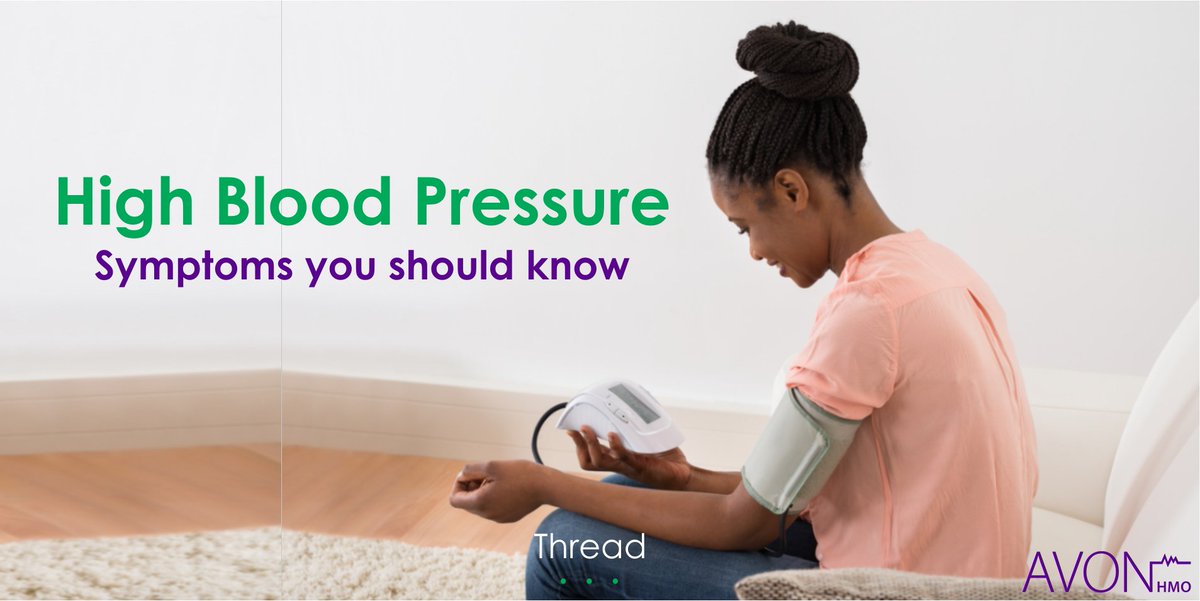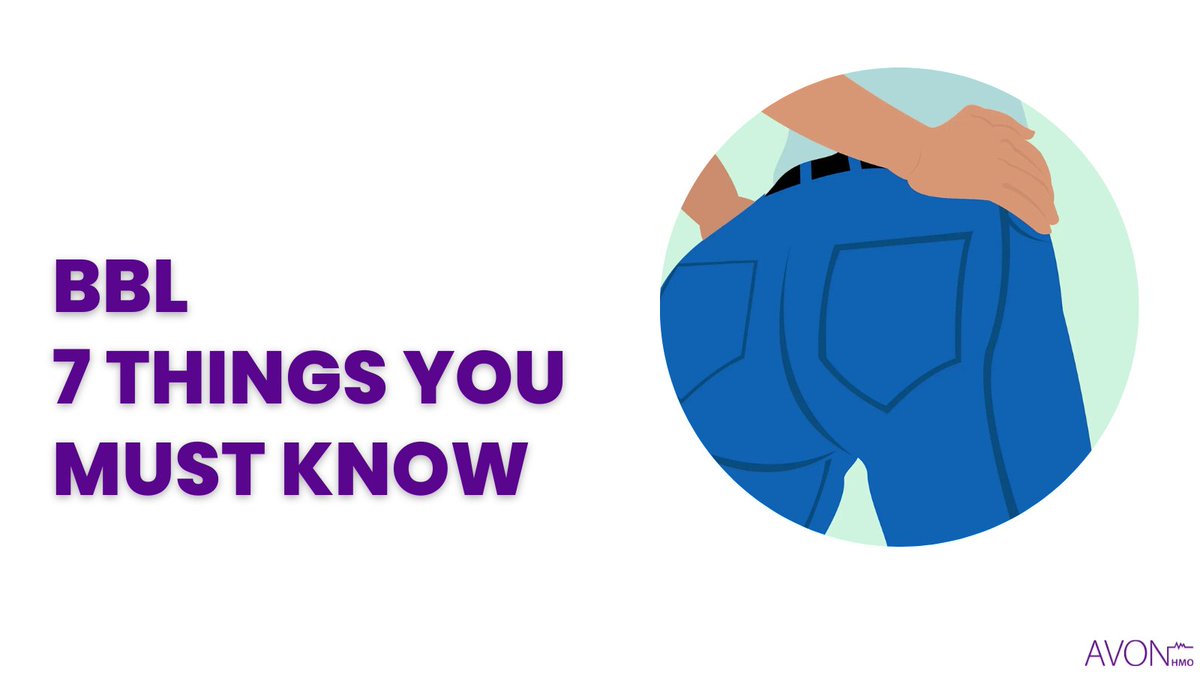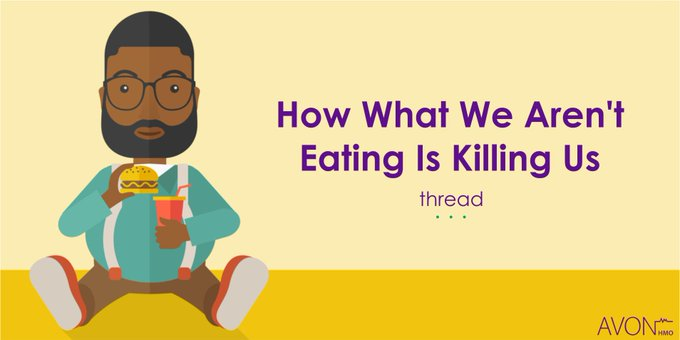There's a reason hypertension called the "silent killer," but there are still a few warning signs you can watch out for.
Let's talk about them...
#AvonsPracticalTips #HealthyLiving
Let's talk about them...
#AvonsPracticalTips #HealthyLiving

While there are some risk factors that can contribute to high blood pressure, the symptoms aren't quite cut-and-dry.
This is because any possible symptoms that could be related to high blood pressure could also be indicative of other health conditions.
#AvonsPracticalTips
This is because any possible symptoms that could be related to high blood pressure could also be indicative of other health conditions.
#AvonsPracticalTips
According to the American Heart Association, there are three "inconclusively related symptoms of high blood pressure".
#AvonsPracticalTips
#AvonsPracticalTips
1. Blood spots in the eyes: This condition—technically called subconjunctival haemorrhage—is more common in those with diabetes and high blood pressure, though neither directly causes the blood spots.
#AvonsPracticalTips
#AvonsPracticalTips
2. Facial flushing: common in Caucasians this happens when blood vessels in the face dilate. While facial flushing may occur with high blood pressure, it can also be a result of various other factors like sun exposure, spicy foods, etc.
#AvonsPracticalTips
#AvonsPracticalTips
3. Dizziness: While dizziness isn't directly caused by high blood pressure, sudden onset dizziness, loss of balance, and trouble walking should not be ignored, since they can be indicators of a stroke (for which high blood pressure is the leading cause).
#AvonsPracticalTips
#AvonsPracticalTips
That said, while higher-than-normal blood pressure often doesn't show specific symptoms, a hypertensive crisis—when blood pressure reads 180/120 or higher—can show some more specific symptoms and necessitate immediate medical attention.
#AvonsPracticalTips
#AvonsPracticalTips
These emergency symptoms for hypertension include:
- Severe headache
- Shortness of breath
- Nosebleeds
- Severe anxiety
#AvonsPracticalTips
- Severe headache
- Shortness of breath
- Nosebleeds
- Severe anxiety
#AvonsPracticalTips
The takeaway here? Get your blood pressure checked regularly and listen to your doctor if they advise you to lower your blood pressure.
#AvonsPracticalTips
#AvonsPracticalTips
Unlike other medical conditions, you can’t count on a symptom to signal to you that your blood pressure is dangerously high, so it’s important to try to keep your it under control.
#AvonsPracticalTips
#AvonsPracticalTips
There are also many ways to lower your blood pressure via lifestyle changes. If you smoke, consider stopping, and make sure not to drink excessively. Additionally, try to lower your stress levels, eat more whole foods, and exercise regularly.
#AvonsPracticalTips
#AvonsPracticalTips
• • •
Missing some Tweet in this thread? You can try to
force a refresh









